Scope’s disability awareness training is led by people with lived experience of disability and aims to enhance diversity in schools. Scope educator, Renee Paarman, shares her experience navigating school.

According to the Australian Bureau of Statistics over 90 per cent of children with a disability attend a mainstream school nationwide; a statistic that shocked myself when I first stumbled upon it, even though I contributed to that very statistic when I was a student.
When people first meet me, they would often have quite low expectations. From new teachers to new students, I constantly was having to prove people wrong. Whether it be the initial assumption of being better off in special education before I started school, to fellow students perceiving my disability as the only defining factor about myself, or the hesitancy from some to allow me to pursue more advanced subjects at a younger age. These were barriers not because I had a disability but rather due to others’ ignorance towards disability and the low expectations that accompany these sentiments.
All too often disability can be an awkward topic for some to talk about. Disability does not get the space it needs in a busy school curriculum. Most newly graduated teachers who receive an undergraduate degree only receive, on average, one unit of training on disability during their university course, leaving students such as myself and my peers to navigate the world of disability alone. In my time at school, I was required to answer all the questions that fellow students had about disability; I was finding myself feeling like the teacher when I was meant to be the one learning.
Contributing to this is the fact that just under 50 per cent of students with a disability find it difficult to fit in socially – stark reminder of the necessity to educate students regardless of age on what disability can mean for different people. This also underpins the tracking behind the Nationally Consistent Collection of Data on School Students with Disability (NCCD) which ensures that students with a disability gain the inclusive educational practices and adjustments they require. NCCD also enables students with disability to have the access and ability to participate in education on an equitable basis, like their peers, further ensuring awareness and indeed confidence through every aspect of schooling.
Anecdotally, when not addressed, this can lead to ongoing feelings of isolation later on in life, as is the case with one of my colleagues who experienced considerable verbal abuse during her schooling years. As a student, she figured out that if she didn’t look at people, they wouldn’t be able to see the impact they had on her, they wouldn’t be able to see her tears. She struggles to make and maintain eye contact with those who she is unfamiliar with to this day.


Image: Hockey Victoria
In contrast, another co-worker was advised as a fifteen year old that he shouldn’t try in P.E. because he’ll never be successful – a direct contradiction of the guidance and ruling set out in the Disability Discrimination Act (1992) and the Disability Standards for Education (2005). These legislations are set out to enshrine that every student is entitled to high-quality education in a safe and empowering learning environment, as well to have evidence-based adjustments made where required. Fortunately, despite this initial encounter as a fifteen-year-old, my co-worker went on to be guided by teachers who not only upheld such legislation but most importantly saw him for who he was and his potential – an aspiring athlete who would go on to represent Australia in Table Tennis, most recently at the Tokyo Paralympics.
Trying to negotiate learning in a school environment can be a challenge for all students, let alone being required to navigate their journey with their disability in isolation; which is why once teachers and students got to know me – and, in doing so, understood me – they raised the bar. Those preconceived assumptions were pushed aside in favour of raising expectations, ensuring that my journey through education was not undertaken alone. I was empowered to integrate into all aspects of extra-curricula, I was upheld to the same standard of conduct as my peers, and I was supported to finish high school with an academic-focused scholarship from my preferred university due to me finishing in the top 10 per cent for English in my state.
This support from peers and teachers alike built a solid foundation of confidence in my abilities, leading me to pursue a career in education; albeit in a slightly different form, as I currently educate students and organisations about communication, disability, and the importance of inclusion. I will also have my first piece of writing published in a book later this year!
However, my journey could have been entirely different had those around me not raised their expectations and indeed perceptions. After all, true inclusion starts at school.
Author: Renee Paarman, Community Educator at Scope
Scope can support you to achieve meaningful inclusion in your school. Take a step towards inclusion by visiting scopeaust.org.au/for-schools-and-educators today!
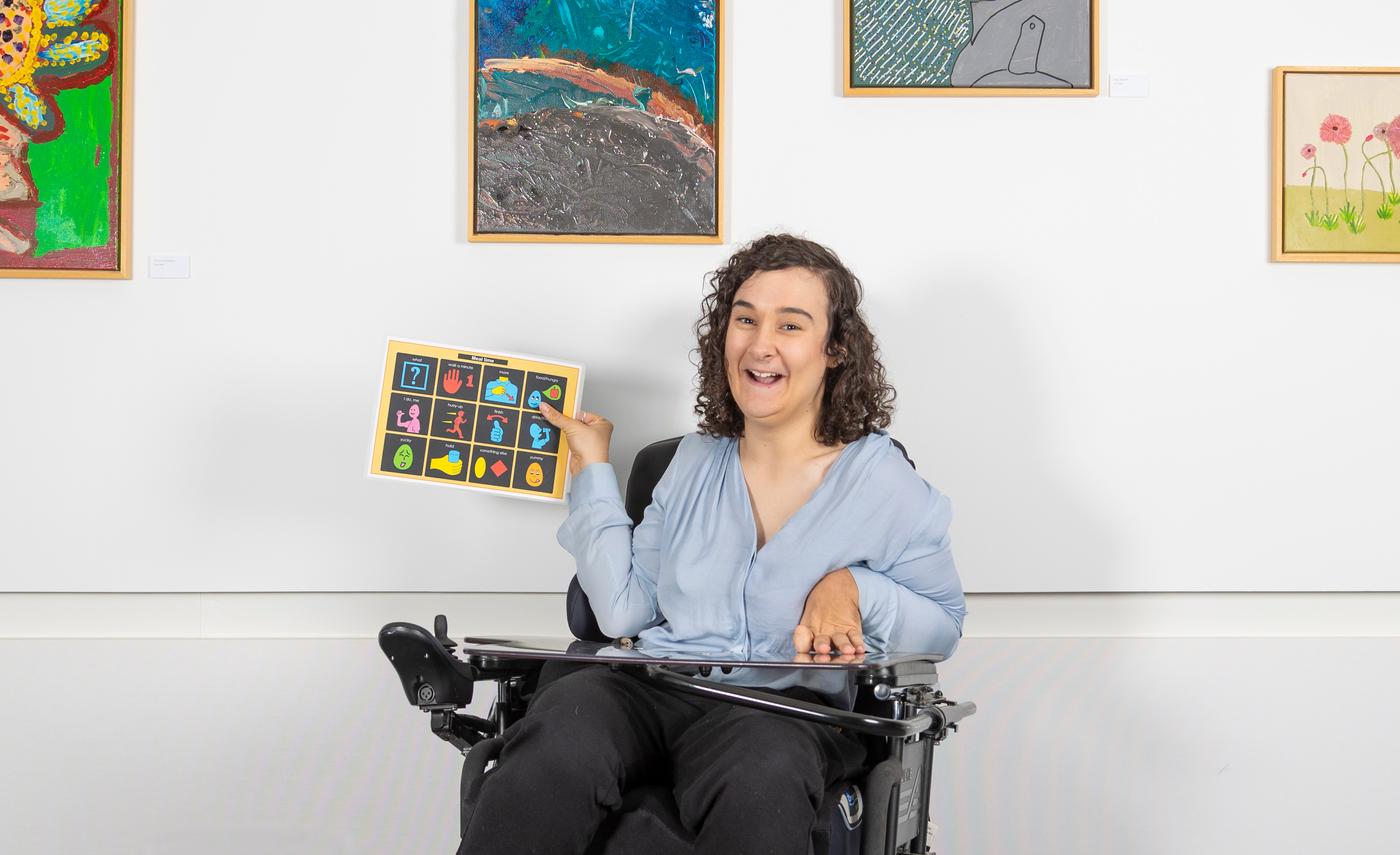
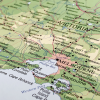


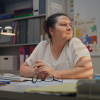


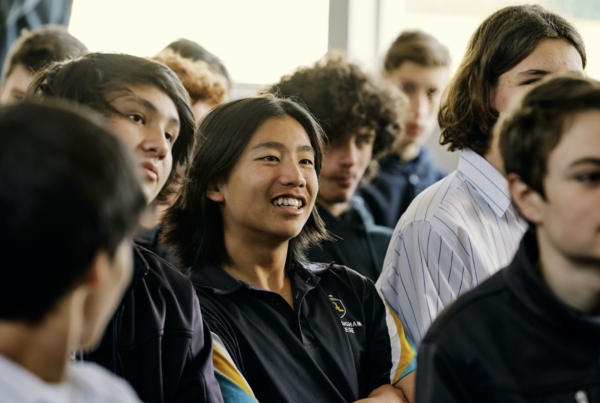
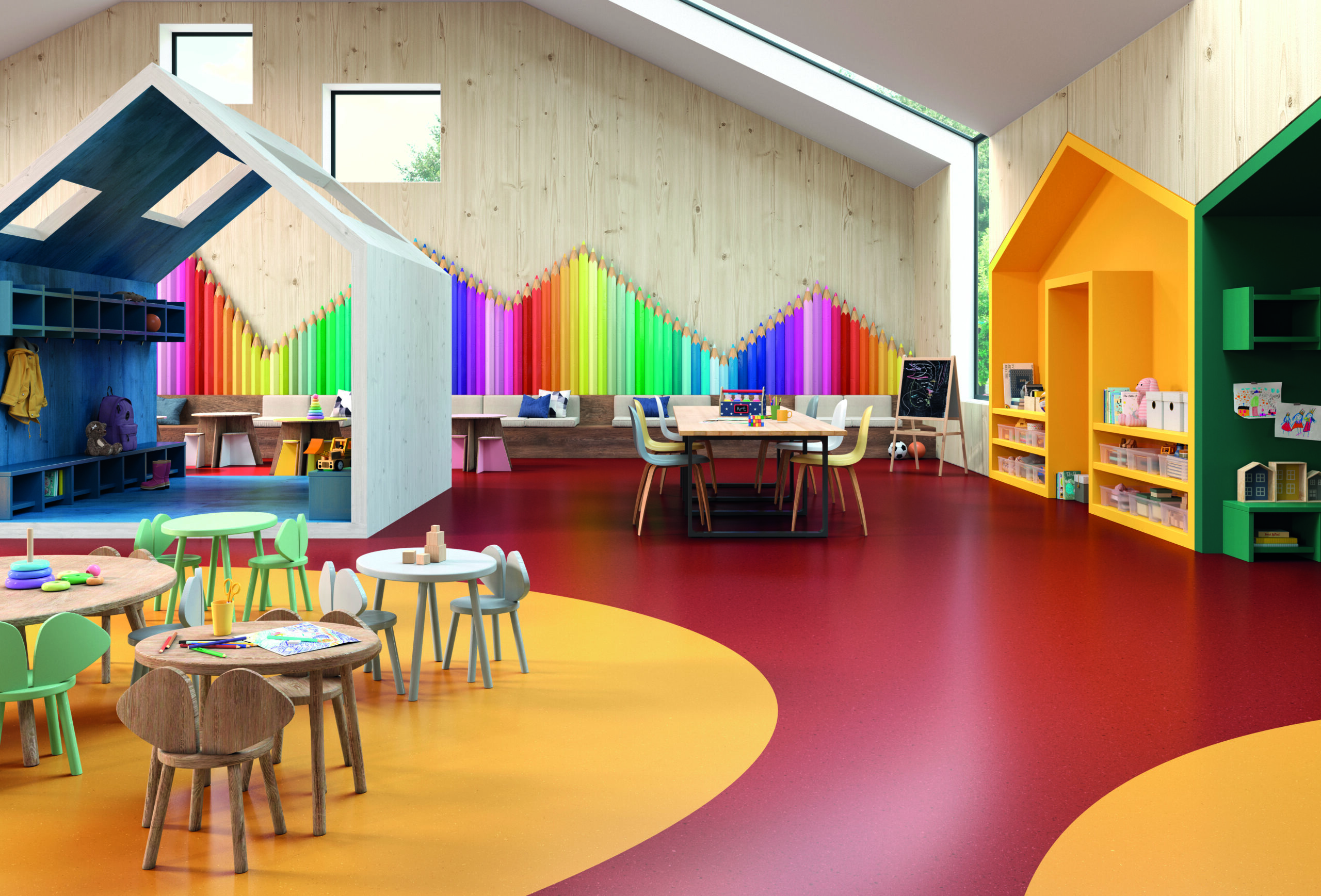

Raising disability awareness within the mainstream school system is so necessary! What an insightful article and great reminder to never discourage those with disabilities to achieve whatever they want – they are just as able as any of us. Great work, Renee!